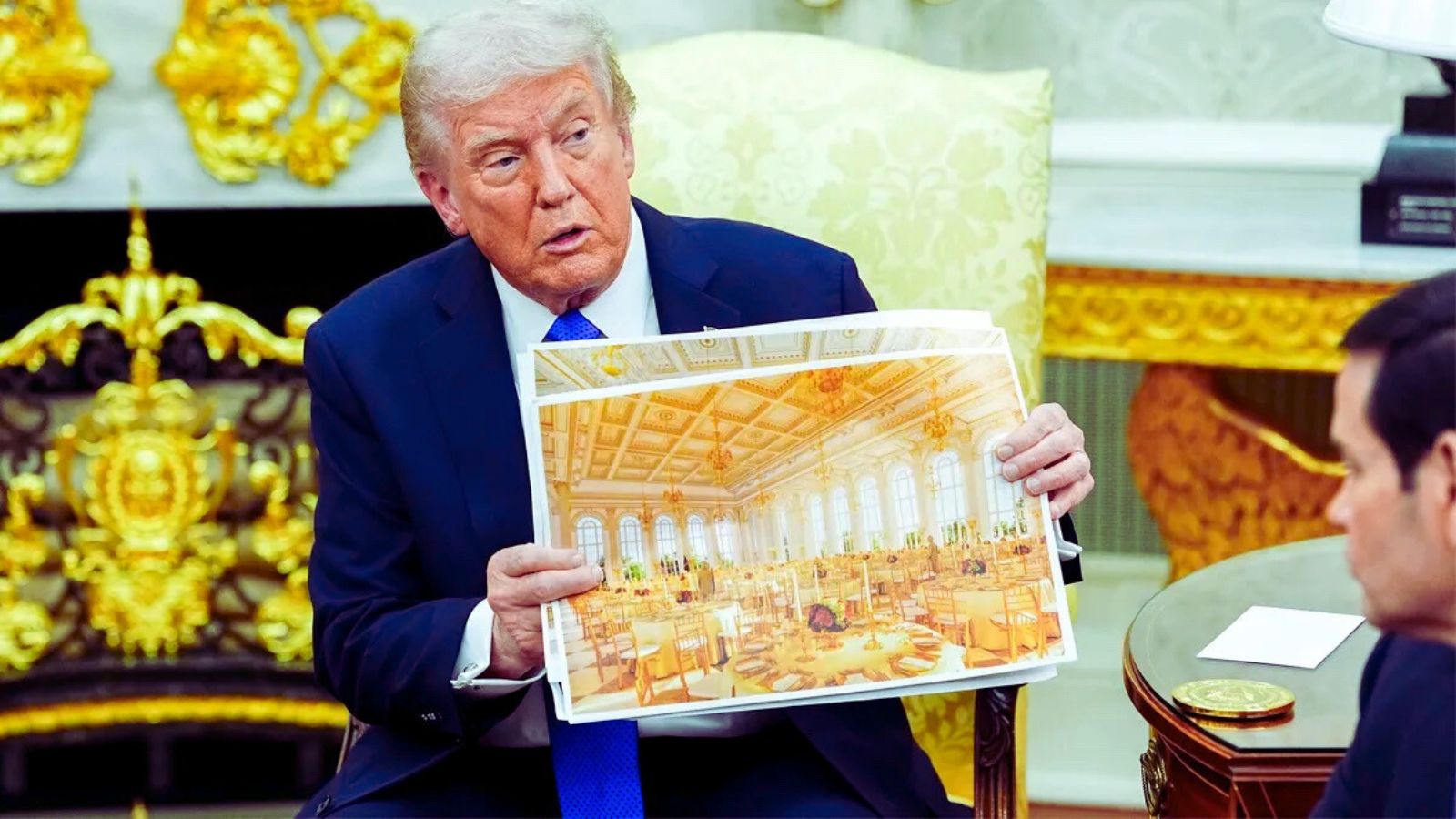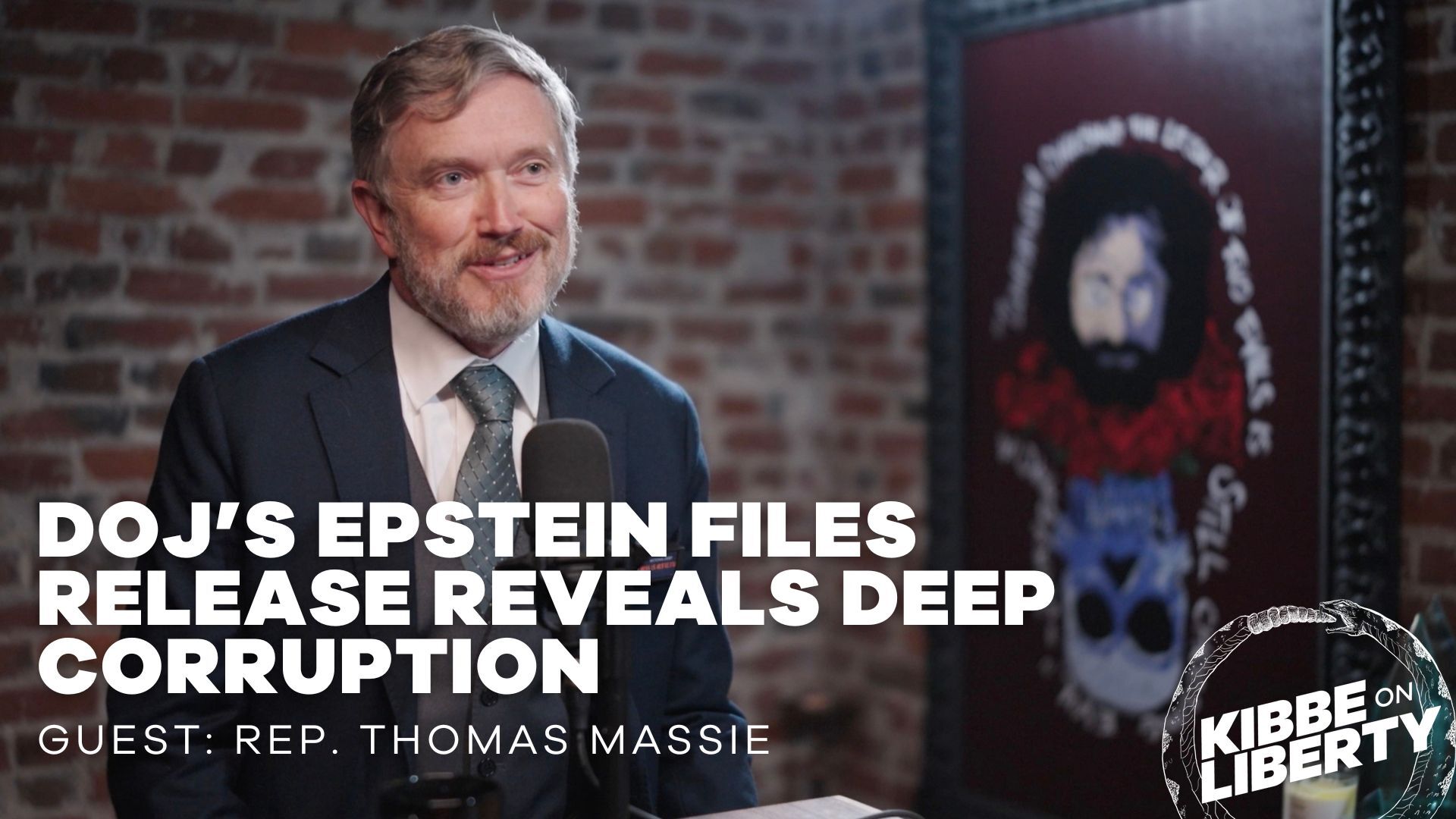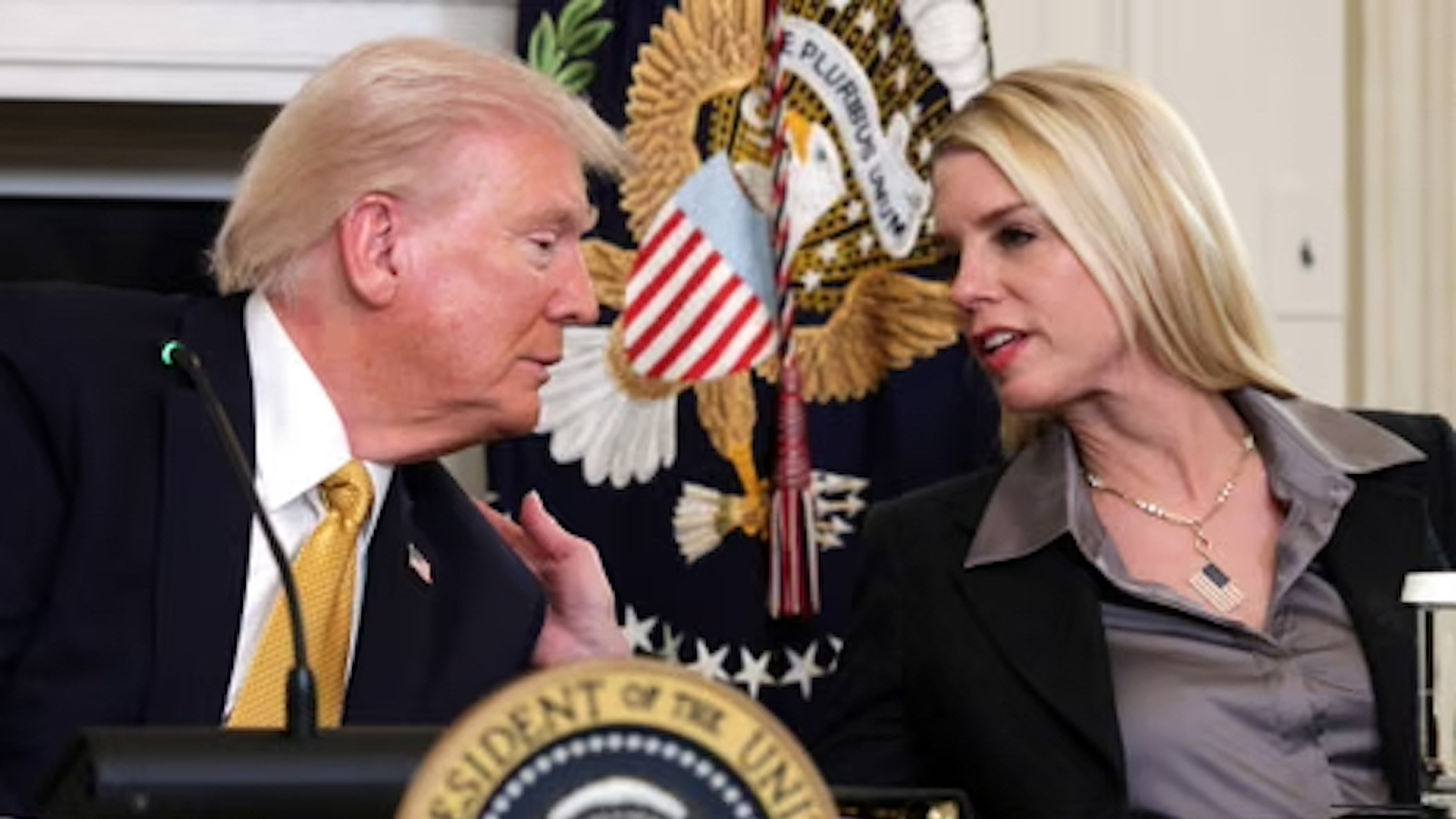
Don’t Let an Election Destroy Your Humanity
While the media has made the call and numerous lawsuits, challenges, and conspiracies loom in the ether, the only thing it seems we can do is fester in our own anxiety. The American staple of the grumpy uncle stirring the political pot at Thanksgiving dinner is appearing to be less of a humorous tradition and more of a runaway freight train that will collide with our sensibilities around the second trip to the carving table. And yet, the world still turns.
Since I awoke on election day, a familiar quote has been rattling around in my mind. On April 22, 1800, Thomas Jefferson wrote a letter to William Hamilton. In the letter, Jefferson acknowledged the several years since they last crossed paths (John Adams’ Inauguration, 1797) and apologized for failing to remain in contact.
Jefferson then noted something that feels remarkably unfamiliar in 2020: “I never considered a difference of opinion in politics, in religion, in philosophy, as cause for withdrawing from a friend.”
Jefferson was no stranger to distance between friends. Following his term as Vice President under John Adams, both Jefferson and Adams had effectively burned the bridge between them. As Adams returned to a quasi-private life, Jefferson served two terms as President. It was not until Adams and Jefferson received encouragement from a mutual friend, Benjamin Rush, that the two began correspondence once more.
The pair proceeded to carry on a conversation that lasted for many years, regaling each other of stories of their past, politics, religion, family, and the future. What animosity existed between them melted away as they spoke to each other as friends once more, despite their different views of the American Experiment. This friendship lasted until their deaths on July 4, 1826, each passing within hours of each other.
If there is a single strength that we can pull from these two men—who should have been, and at one point were, political and personal enemies—it is that the bridges between us can be maintained and even repaired. But this has become exceedingly difficult at a time when we have allowed political affiliations and candidates to define our very identities. To dive into that single strength further, we must remember our humanity and the humanity of our opponents.
I am many things in this world. I am a son; a brother; a friend; a children’s author; a law student; a Libertarian; an Eagles fan; a rock climber; a redhead; and more. These are many facets of my person, but none of which define who I am when taken alone. I am clearly not just a redhead, nor just a law student or Libertarian. My humanity, much like the humanity of everyone else, is inherent within me. We must wade through the different characteristics of each other to find that humanity.
For the last several years, I have watched many of my friends, from both sides of the aisle, become increasingly aggressive, perverse, and even combative. The line, “Unfriend me. I won’t miss you,” has been the unofficial slogan of this election cycle. There are those who enjoy inciting fights and those who burn bridges when they get tired of trading punches. Our online friendships are not quite as deep, to be sure, but many of these online connections are merely extensions of very real relationships which we are allowing to dissolve.
We have become walking ballots, to be embraced in fraternal warmth or cast out like a pariah from the lives of persons we once, and may still, love. If our identities are defined only in this way, we risk not only our humanity, but the very nature of liberty. If I am to be free, I must be the only one to define my life. This is true for every person. If we continue to allow ourselves to be defined by parties, factions, and politicians, we will cease to be free and will become increasingly easier to manipulate, control, and harm, often at the hands of those closest to us.
As we gather soon with family and friends, in whatever manner befits ourselves, we must look past our externalities and recognize the person within. And if your grumpy uncle cannot let go, give him some extra turkey to help settle him down; he’s harmless, I promise. Jefferson’s words act as a wonderful rule for life, reminding us that life and friendship exist far beyond the election of men and women who are unaware of our existence. But our loved ones are very much aware.
If you continue to struggle with this, seeing red, blue, and maybe even gold and green everywhere and you find yourself with relationships beyond repair, consider the words of another president, who saw genuine division, conflict, and despair. “I do not like that man. I must get to know him better,” Abraham Lincoln.
Free the People publishes opinion-based articles from contributing writers. The opinions and ideas expressed do not always reflect the opinions and ideas that Free the People endorses. We believe in free speech, and in providing a platform for open dialogue. Feel free to leave a comment.



